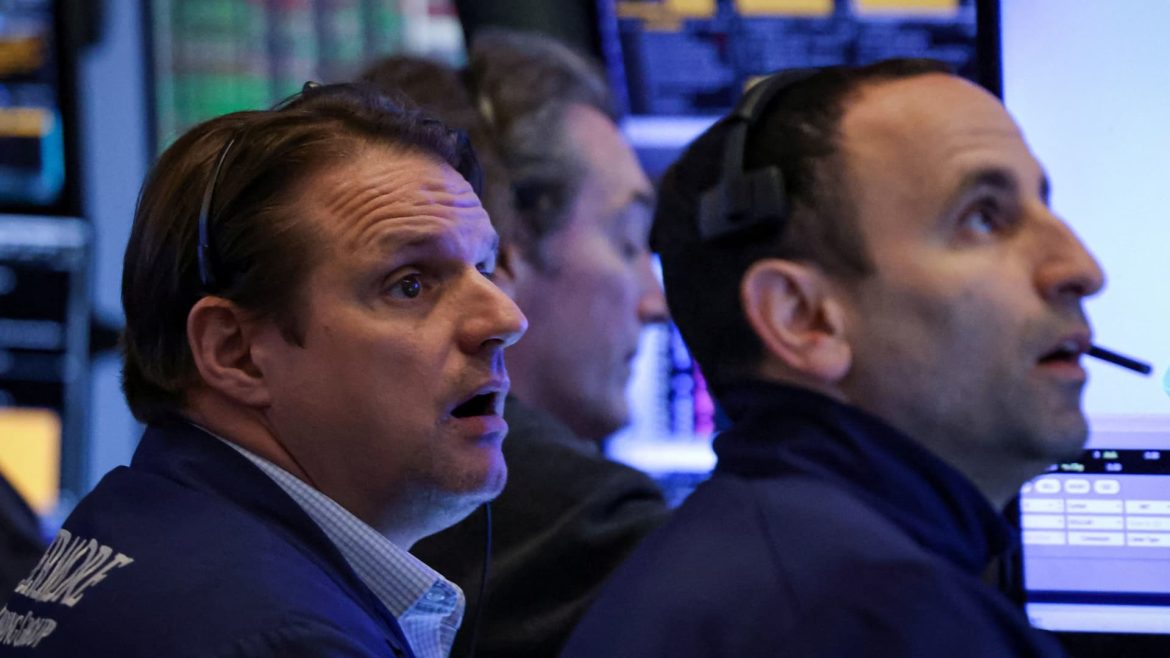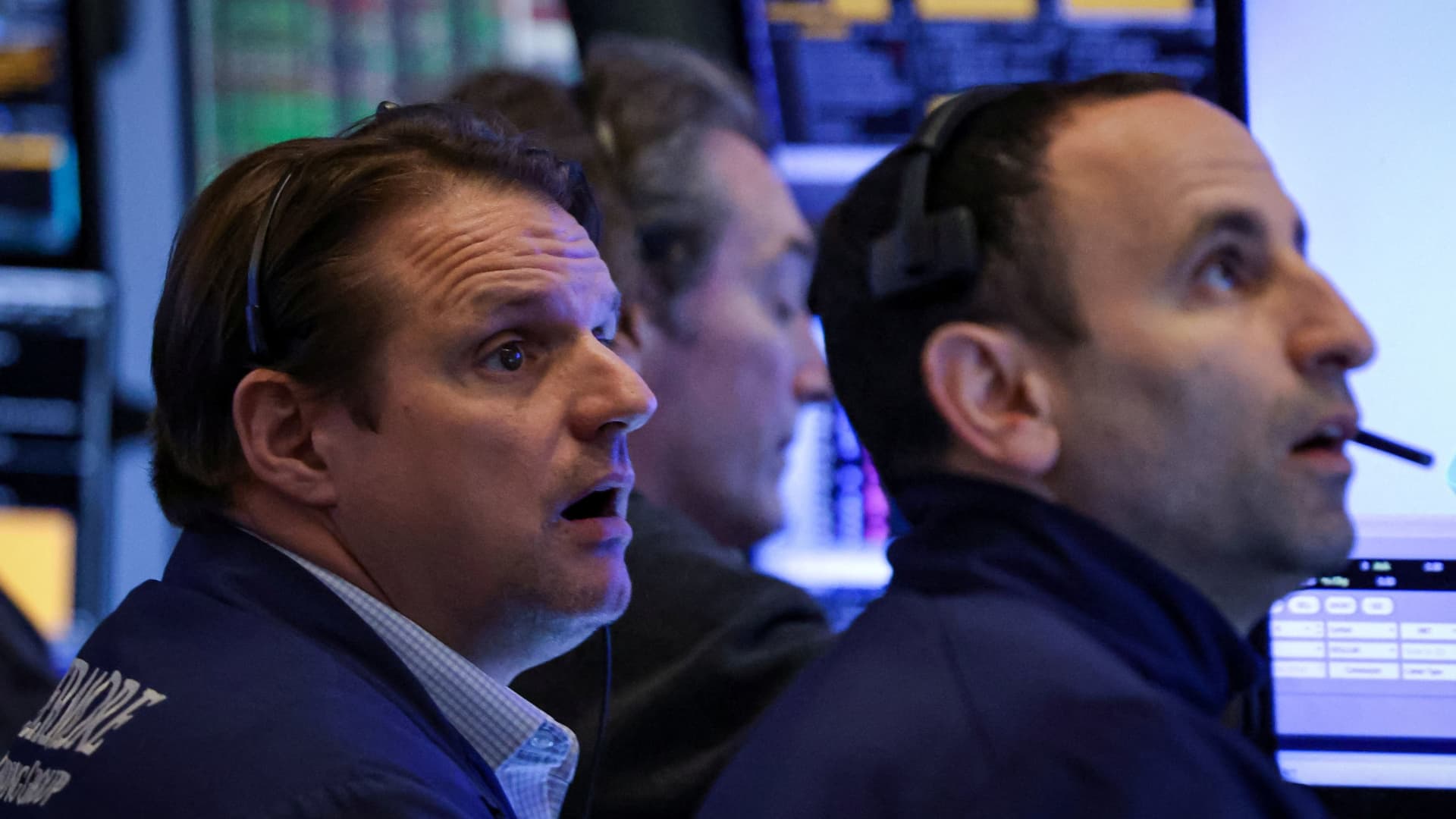The Impact of the US-China Trade Deal on Global Markets
The recent agreement between the United States and China to slash tariffs for a period of 90 days has sent ripples through global markets, sparking a mix of relief and cautious optimism. This deal, which sees both countries significantly reduce their reciprocal tariffs, marks a pivotal moment in the ongoing trade war that has dominated economic headlines for months.
The Details of the Deal
Under the agreement, the United States will reduce its tariff on Chinese imports to 30% from a staggering 145%. Concurrently, China will lower its import duty on American goods to 10% from 125%. This drastic reduction is a clear signal of both nations’ willingness to de-escalate the trade tensions that have been a significant drag on global economic growth.
The deal also includes a 90-day pause on further tariff increases, providing a window for both countries to engage in more productive trade talks. This pause is crucial as it allows for a cooling-off period, during which both sides can negotiate more effectively without the constant threat of escalating tariffs.
Market Reactions
The immediate reaction from global markets was overwhelmingly positive. Stock markets around the world surged, with the Dow Jones Industrial Average, S&P 500, and Nasdaq all posting significant gains. This surge was driven by investor confidence that a full-scale trade war, which could have devastating economic consequences, may have been averted.
The bond market also saw significant movements. U.S. Treasury yields moved higher, reflecting a shift in investor sentiment. The 10-year Treasury yield, which had been under pressure due to tariff concerns, saw a notable increase. This movement indicates that investors are becoming more optimistic about the economic outlook, as higher yields often correlate with stronger economic growth expectations.
Economic Implications
The tariff reductions are expected to have several economic implications. For one, they will likely boost trade between the two largest economies in the world. Reduced tariffs mean lower costs for importers and consumers, which can stimulate economic activity. This is particularly important for sectors that have been heavily impacted by the trade war, such as manufacturing and agriculture.
Moreover, the deal could help stabilize global supply chains that have been disrupted by the tariff war. Many companies have had to restructure their operations to mitigate the impact of tariffs, and a reduction in tariffs could provide some relief and encourage investment in these sectors.
Long-Term Considerations
While the immediate impact of the deal is positive, there are long-term considerations that need to be addressed. The 90-day pause is a temporary measure, and the success of this agreement will depend on the outcome of the ongoing trade talks. Both countries need to address fundamental issues that have led to the trade war, such as intellectual property rights, technology transfer, and market access.
Additionally, the global economy remains fragile, and the trade war has already had significant consequences. The International Monetary Fund (IMF) has warned that the trade war could shave off 0.5% from global GDP growth. The current deal, while a step in the right direction, does not fully address these concerns. The long-term stability of the global economy will depend on whether the U.S. and China can reach a more comprehensive and lasting agreement.
Conclusion
A Cautious Optimism
The recent agreement between the U.S. and China to slash tariffs for 90 days is a significant step toward de-escalating the trade war. The immediate market reactions have been positive, with stock markets surging and bond yields reflecting renewed confidence in the economic outlook. However, the long-term success of this deal will depend on the outcome of the ongoing trade talks and the ability of both countries to address the fundamental issues that have led to the trade war. While there is reason for cautious optimism, the global economy remains fragile, and the path forward will require sustained effort and commitment from both the U.S. and China.


